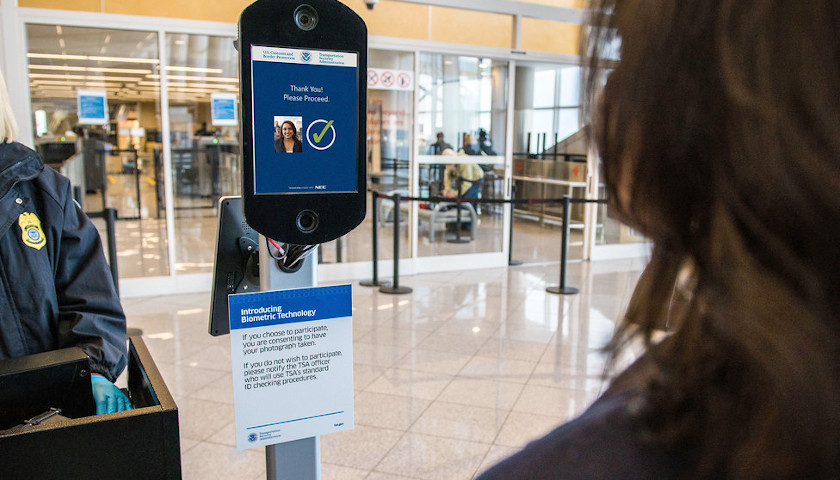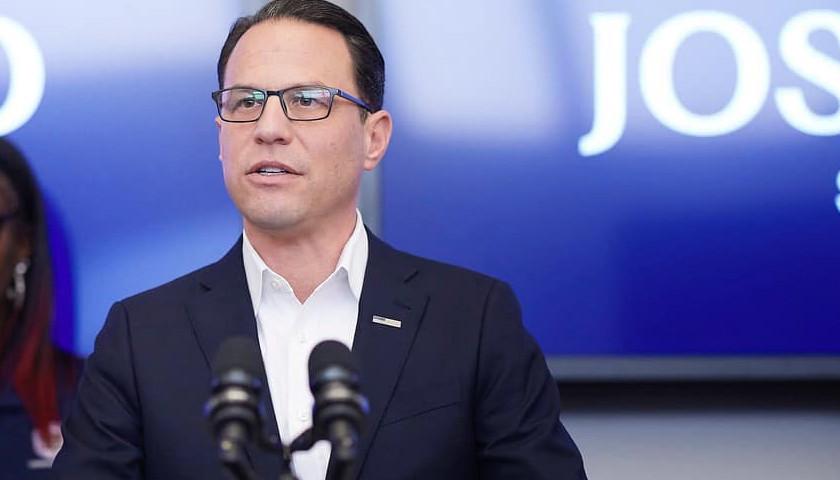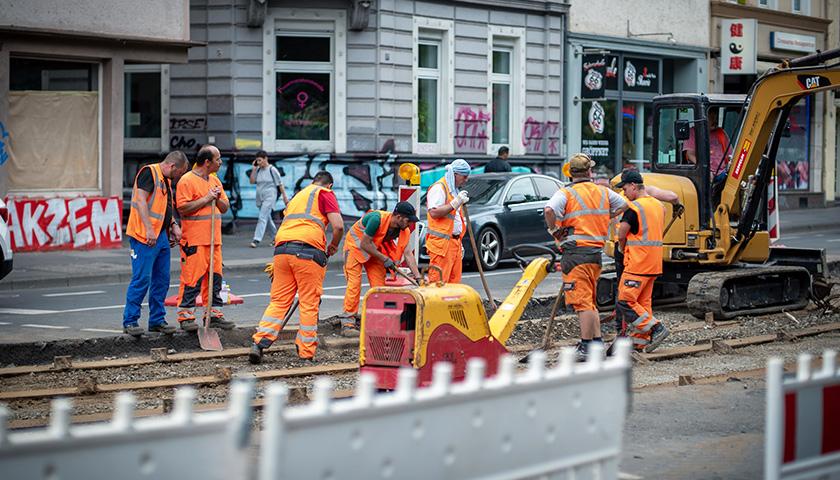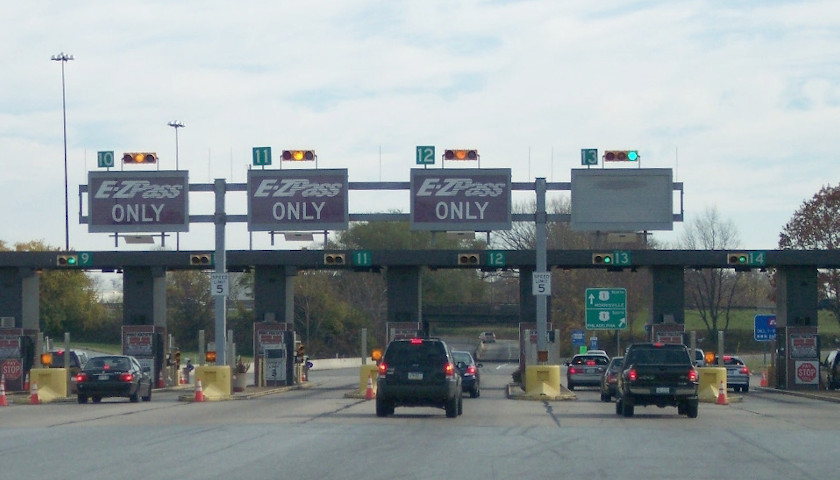by Anthony Hennen
With a year before the federal government enforces its REAL ID requirements, the Pennsylvania Department of Transportation is encouraging state residents to update their driver’s licenses and photo ID.
When federal enforcement starts on May 3, 2023, only REAL ID-compliant documents will be accepted at airports, federal buildings, and for other federal purposes. If someone doesn’t update their driver’s license, they would need to use a passport, for example, to take a domestic flight.
PennDOT has issued 1.6 million REAL IDs, according to a blog post, leaving 6.7 million Pennsylvanians who have yet to change their IDs.
“Although a year seems like a long time to get ready, the deadline will be upon us before you know it. We encourage our customers who want a REAL ID to get one as soon as possible,” PennDOT Acting Executive Deputy Secretary Melissa Batula said.
The agency paused REAL ID issuing for six months during the pandemic “out of an abundance of caution and in the interest of public health,” though it continued to issue regular driver’s licenses and photo IDs. The federal government also delayed implementation of REAL ID standards for two years due to the pandemic.
Pennsylvanians will pay a $30 one-time fee plus a renewal fee of $30.50 for a REAL ID. To speed up the process, they can also get preverified on the DMV website and order a REAL ID online instead of going to a driver’s license center.
The REAL ID Act, passed in 2005, has garnered criticism for its costs and potential privacy invasions.
“If fully implemented, the law would facilitate the tracking of data on individuals and bring government into the very center of every citizen’s life,” the American Civil Liberties Union argued. “By definitively turning driver’s licenses into a form of national identity documents, Real ID would have a tremendously destructive impact on privacy. It would also impose significant administrative burdens and expenses on state governments, and it would mean higher fees, longer lines, repeat visits to the DMV, and bureaucratic nightmares for individuals.”
– – –
Anthony Hennen is a reporter for The Center Square. Previously, he worked for Philadelphia Weekly and the James G. Martin Center for Academic Renewal. He is managing editor of Expatalachians, a journalism project focused on the Appalachian region.
Photo “TSA Check-in Line” by Delta News Hub. CC BY 2.0.








